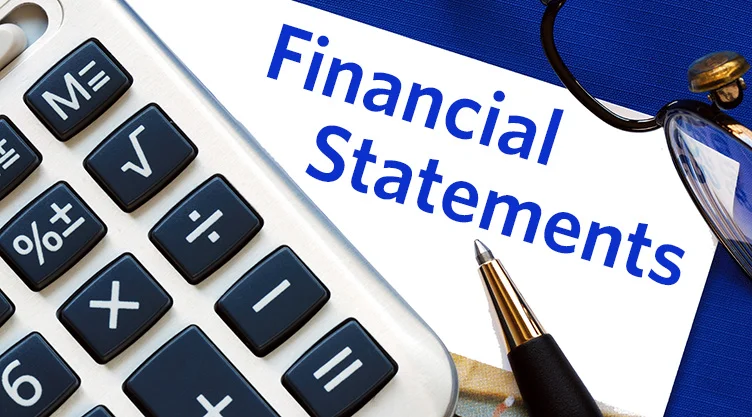Managing finances as a family in Australia can be a bit of a balancing act. With the cost of living on the rise, interest rates taking unpredictable turns, and countless investment opportunities out there, having a solid financial plan is essential. Here’s my practical guide to help you keep your family’s finances on track.
Budgeting
Creating a budget is the first step towards building a solid future. It’s going to help you see the bigger picture and understand your income and outgoings. You can start by making a basic Excel sheet and writing down all your income streams, whether it’s from wages, rental properties, or government allowances. Then, break down your expenses into necessary costs like rent, groceries, bills, and more flexible spending, such as dining out or hobbies. This will show you where your money is being spent and whether or not you are living above your means. You will also be able to identify areas where you can perhaps make cuts, such as unused subscription services.
For families, remember to plan for those less frequent bills like school uniforms or annual insurance fees. Putting aside a small amount each month can ease the burden when these bills are due. Consulting a financial adviser in Sydney can offer tailored advice to fine-tune your budget to meet your family’s specific needs.
Saving
Once your budget is sorted, shift your focus to saving. An emergency fund, aka, liquid cash that’s stored safely is your financial safety net. Ideally this should cover three to six months of living expenses but some people choose 6. This fund can be a lifesaver in situations like job loss or unexpected costs. You can now automate your savings by setting up regular transfers to a high-interest savings account. This way, you save without even thinking about it.
Investing
Investing should be part of growing your wealth over a period of time and while it does involve some risk that you need to be aware of, a well-thought-out investment portfolio can get you significant returns. Start by setting clear objectives, whether it’s preparing for retirement, buying a home, or funding your children’s education. Your goals will shape your investment choices, be it stocks, bonds, or real estate along with the level of risk involved. High risk can bring you much higher rewards but also increase your chances of losing money so you need to think about your end goals.
If investing is new to you, consider starting with exchange-traded funds (ETFs) or managed funds for a diversified approach. As your understanding deepens, you can explore more direct investment opportunities. Keep reviewing your portfolio to ensure it aligns with both market conditions and your evolving personal circumstances.
Insurance
Insurance provides protection against events that could cause financial hardship. Essential insurance coverage in Australia should include; life, income protection, home and contents insurance along with car insurance if you drive. Have a think about your family’s needs to find the right balance of coverage, avoiding being either underinsured or paying for unnecessary policies.
Education
Don’t be afraid to have open discussions about money with your family, teaching children about budgeting and saving early on. Take advantage of any online resources, workshops, and courses to improve your own knowledge and skills in managing family finances.
With a thoughtful approach to financial planning, Australian families can confidently handle the challenges of today’s economic climate, making way for a secure and bright future.





